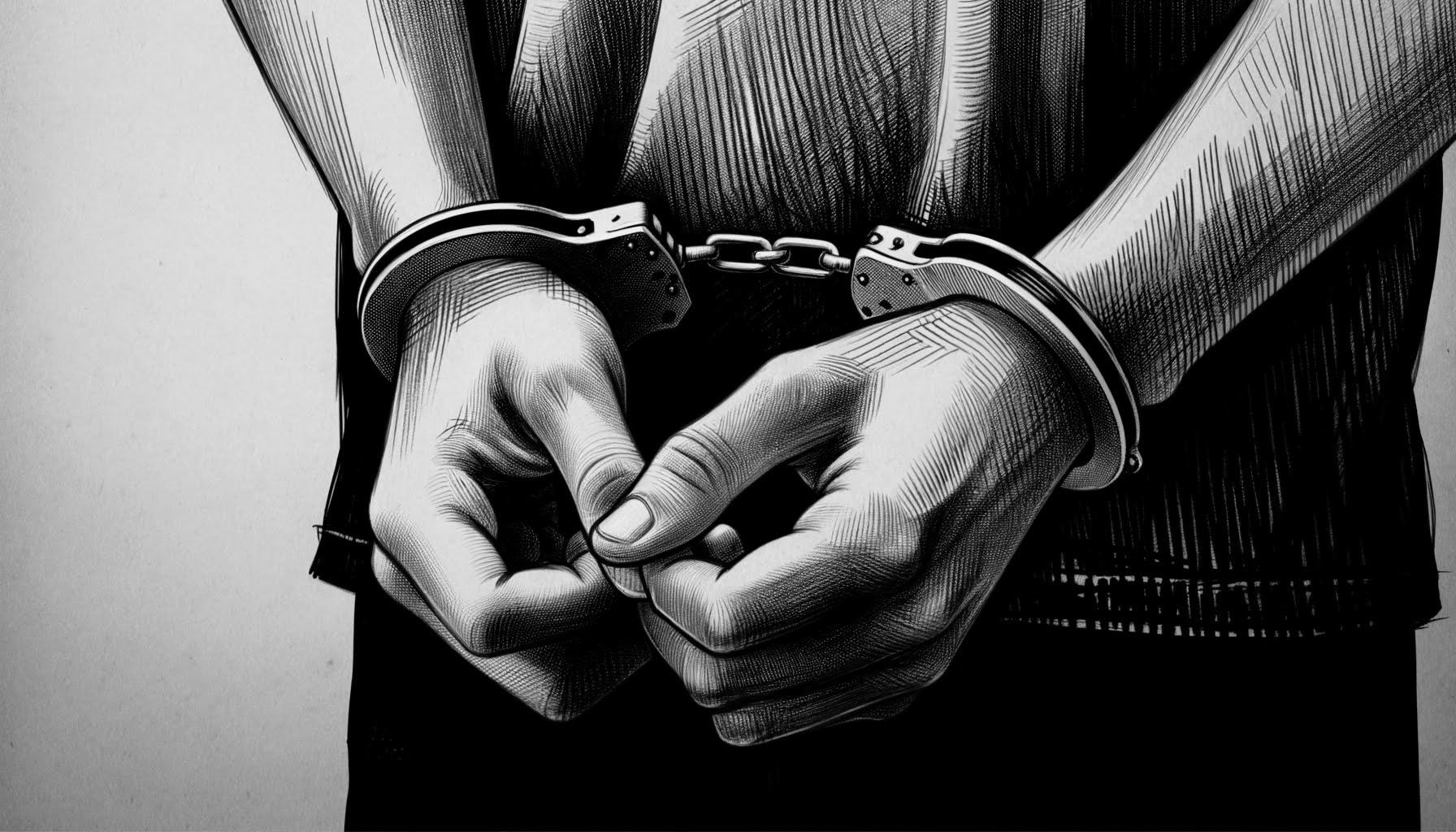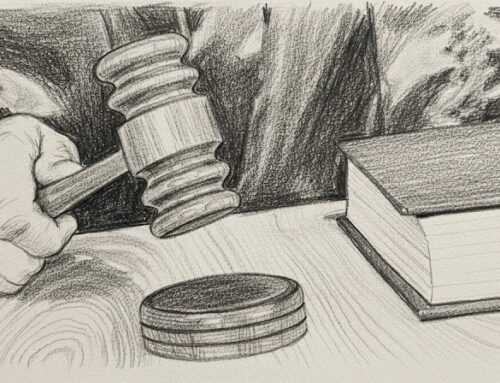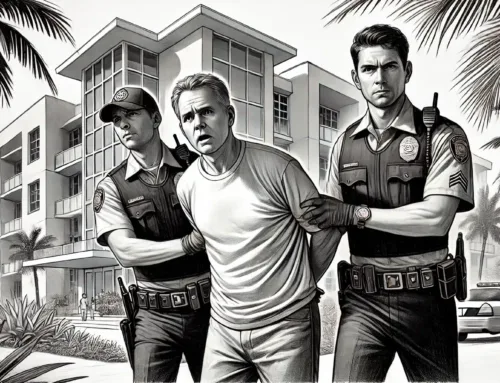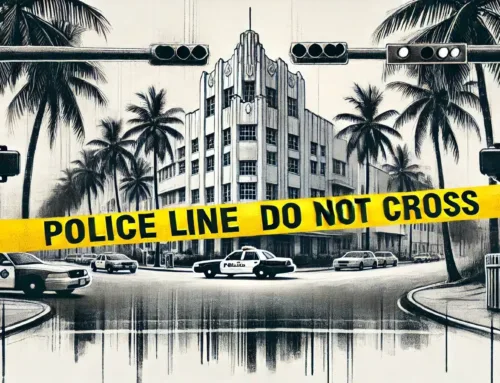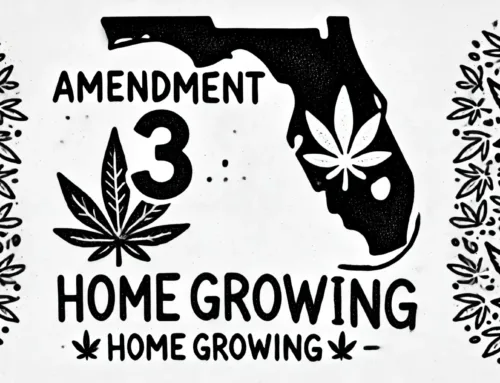What Is an Arrest Under Florida Law?
Being arrested can be a scary and disorienting experience. Suddenly, you’re in handcuffs, being read your rights, and taken into police custody. It’s important to understand what constitutes an arrest under Florida law and your rights during the process. This guide breaks down the key things to know if you find yourself arrested in Florida.
What Legally Constitutes an Arrest in Florida?
An arrest always involves restricting someone’s physical freedom and taking them into custody. But not every police interaction rises to the level of an arrest. There are three tiers of police-citizen encounters:
- Casual communication with no coercion or detention.
- Brief investigative stops supported by reasonable suspicion of a crime.
- Full arrests supported by probable cause.
Only the third tier constitutes an actual arrest. There must be probable cause to believe you committed a crime. The police must also fulfill four specific elements:
- They must intend to arrest you under real or pretended authority.
- They must physically or constructively seize you and detain you.
- They must communicate their intent to arrest you.
- You must understand you are being arrested.
If any of these elements are missing, there is no valid arrest. For example, if officers just stop your car without expressing intent to arrest you, that doesn’t qualify as an arrest.
Arrests With a Warrant vs Without
Police can arrest you with or without an arrest warrant signed by a judge. A warrant provides stronger protection of your rights and requires probable cause to be established upfront.
But warrantless arrests are still allowed if police develop probable cause during their investigation. The Supreme Court has ruled warrantless arrests based on probable cause are not inherently unconstitutional.
Florida law lists detailed procedures for issuing valid arrest warrants. But in practice, police more often make warrantless arrests. They then seek formal charges and warrants later during booking.
Authority for Warrantless Arrests
Florida law gives police broad authority to make warrantless arrests for:
- Felonies
- Misdemeanors
- Violations of probation or parole
- Domestic violence
- DUI
- Traffic offenses
- Violating municipal ordinances
In felonies, police can arrest you without a warrant if they have probable cause to believe you committed the crime. The same is true for misdemeanors committed in their presence.
For DUI, police can arrest if they observe telltale signs like slurred speech, lack of balance, or poor driving. Traffic stops can lead to warrantless arrests if you’re driving with a suspended license, no registration, expired tags, etc.
Generally, police cannot make warrantless arrests for misdemeanors not committed in their presence, although there are exceptions (e.g., domestic violence cases). There are also limits on entering homes without a warrant to make arrests.
Your Rights During Arrest
Once arrested, police must promptly inform you of your charges and take you to jail for booking. You have the right to know why you’re being arrested.
Police must also read you your Miranda rights before any interrogation about the alleged crime. You have the right to remain silent and speak with an attorney. Anything you say can be used against you.
Within 24 hours of your arrest, you have a right to a first appearance hearing before a judge. The judge decides whether there’s enough evidence to continue holding you or if you’re eligible for pretrial release.
Throughout the process, stay calm and don’t resist arrest, even if you believe it’s invalid. You’ll have the chance to contest any improper actions in court later with your criminal defense attorney.
Contact an Experienced Defense Attorney
Dealing with an arrest is scary, but knowing your rights can give you confidence. Only certain police encounters qualify as arrests. Warrantless arrests are allowed but still require probable cause. If arrested, you have important Constitutional protections. Speak up to invoke your rights, then fight improper arrests in court. With an experienced local defense lawyer’s help, you can seek suppression of any evidence from an illegal arrest.
CALL US NOW for a CONFIDENTIAL INITIAL CONSULTATION at (305) 538-4545, or take a moment to fill out our confidential and secure intake form.* The additional details you provide will greatly assist us in responding to your inquiry.
THERE ARE THOUSANDS OF LAW FIRMS AND ATTORNEYS IN SOUTH FLORIDA. ALWAYS INVESTIGATE A LAWYER’S QUALIFICATIONS AND EXPERIENCE BEFORE MAKING A DECISION ON HIRING A CRIMINAL DEFENSE ATTORNEY ATTORNEY FOR YOUR MIAMI-DADE COUNTY CASE




